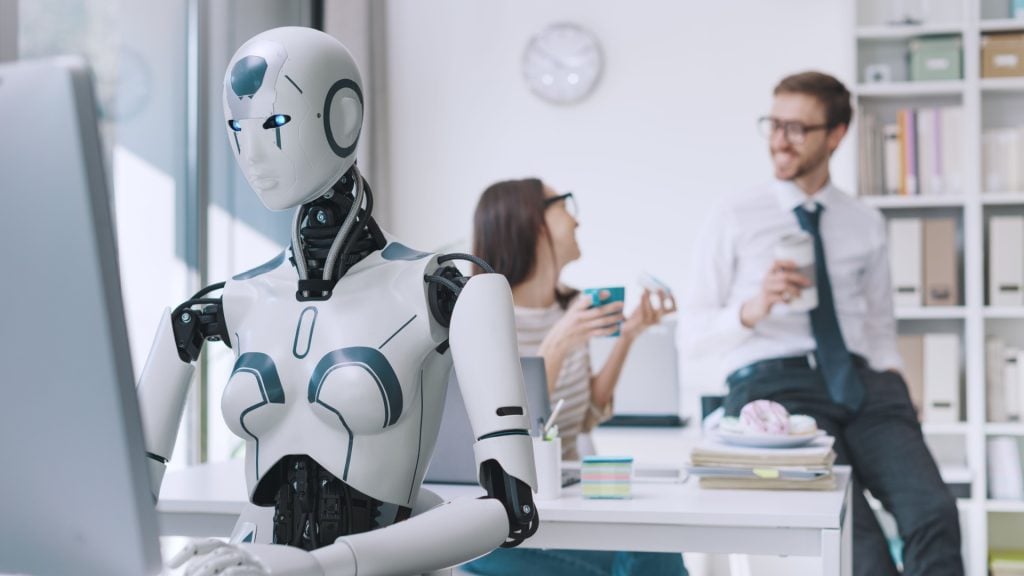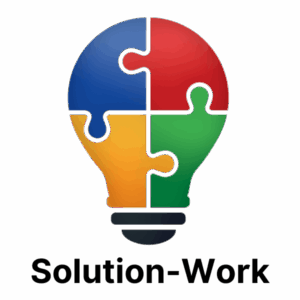Artificial intelligence (AI) will significantly change human collaboration. This is the assumption of most professionals, according to a recent study on the topic of “AI and work culture” by coaching trainer InKonstellation.
According to the survey, the majority of participants believe that the influence of AI will make human collaboration more difficult rather than easier. According to this survey, almost half of employees also fear that the responsible managers in companies are insufficiently prepared for the upcoming changes.
It is now common knowledge that the rapid development of artificial intelligence will not only massively change many areas of life, but also the world of work in particular. In the latter context, the technology is often seen as “Janus-faced”: On the one hand, it has the potential to increase efficiency and productivity, create innovation and improve human work by automating repetitive tasks. On the other hand, however, AI is also associated with concerns regarding job security, data protection and ethical implications.
The coaching trainers at InKonstellation now wanted to investigate the question, which is rarely asked in this context, of whether AI will generally change the way people work together. To this end, the company had around 1,050 professionals surveyed on the topic by the market research institute Bilendi in May 2024. The results showed that professionals are generally more opportunity-oriented when it comes to AI technology. In terms of human collaboration, however, respondents expect a profound change and see risks here in particular.
Decreasing communication skills
For example, when looking at the specific consequences of AI for human collaboration, 63% of employees believe that human collaboration will tend to become more problematic rather than easier as a result of the “new AI colleague”. There is clear skepticism here, particularly with regard to interpersonal communication. Specifically, 62% of survey participants expect AI to reduce human communication skills rather than increase them. “People are unlearning how to work together, communicate and develop empathy,” is how one respondent described his concerns about the impact of AI on human collaboration in a comment. Another worries that interpersonal communication and the emotional significance of facial expressions and gestures could be “completely lost”.
Another concern among employees relates to their own managers: are they sufficiently prepared for the changes? The clear majority of respondents doubt this. Of these, 40 percent see their bosses as “adequately” or “poorly” prepared at best for such AI challenges. 39 percent still give their managers a “satisfactory” rating. Only 21 of the survey participants rated their own managers as “well” or “very well” prepared.
Leadership is becoming more demanding
55% see new challenges for their management in the context of AI in an increase in remote working, i.e. a flexible, location-independent way of working. Another 55 percent expect data-based decisions to become more important. Furthermore, 52% of respondents believe that lifelong learning and shorter innovation cycles will be important management tasks in the future, as well as decisions on the morally responsible use of AI. In addition, 45% assume that leadership will develop more “in the direction of coaching, cultural work and strategy” in the future.
According to this study, a large proportion of managers themselves believe that leadership is likely to become more challenging in the future as a result of AI. According to the study, their future tasks will increasingly include virtual leadership, motivation and self-management. In addition, emotional intelligence, more pronounced self-reflection and better analytical skills will be among the requirements for good managers in the increasingly complex world of work.
(lb/Academic Society for Artificial Intelligence)
















